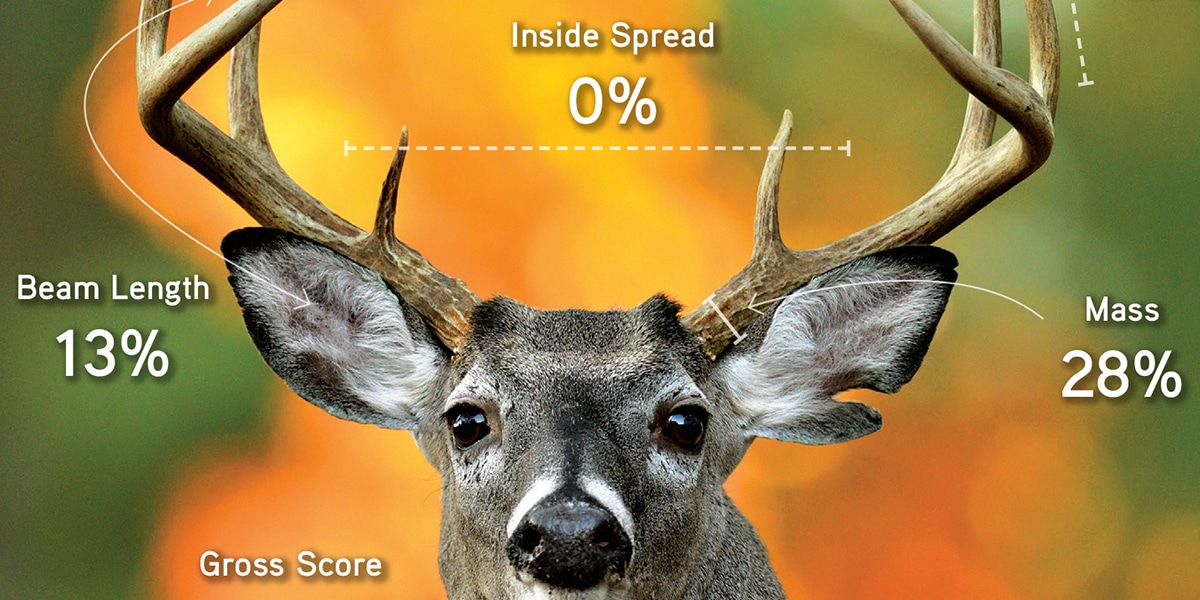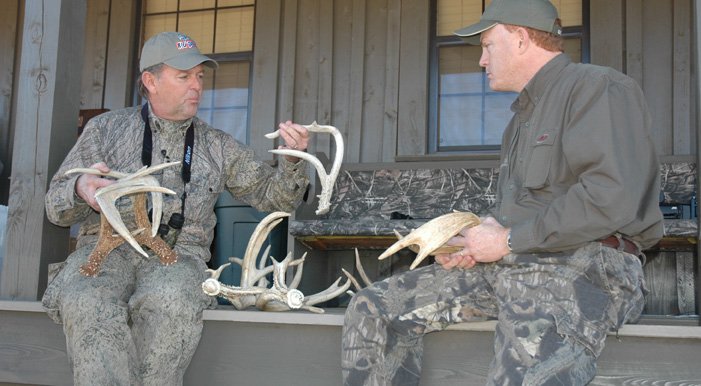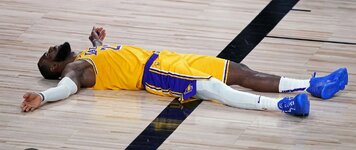Interesting discussion. I tend to agree with wind gypsy.
While it is true that a young buck with great antler potential has the same genes as he does when he is older, I question just how much he gets to spread his genes if he fails to see the rut in year three or even four. With his competition having a few more years of experience and a big advantage in body size, the young buck with great antler potential is probably not getting lucky very often before he is shot.
People tend to push nutrition and health of the mother/fawn over antler genetics as more important. I think this is true if you only focus on antler genetics. What people tend to over look is there is also a genetic component to nutrition and health. Milk production in does and lots of other stuff related to nutrition and the heath of bucks, does and fawns can be effected by genetics. You can have all the great feed in the world, but if you don't have the genes to turn that feed into milk, muscle, fat and antlers you are not going to grow big deer. If quality feed was all you needed every buck fawn raised on my irrigated alfalfa would turn in to a whopper. Sadly that is just not the case. I raise cows for a living. Doesn't take long and you realize that some cows are just better. They constantly wean a large calf year after year no matter how good a year it was in terms of the feed. Tough years might knock as much as 50lb off the calf, but that calf is still above the average calf on good years. On the other hand other cows will struggle to wean an average calf even on good years. It is all related to genetics. If you want a high preforming cow herd you buy the best bulls you can afford. I have seen what happens to a cow herd where the owner has the philosophy of any thing with a set of nuts will do. When you go cheep on you bulls, you mother cow herd suffers. I see no reason why the same principles would not apply to the deer herd too.
A well known and respected mule deer biologist once sad that it doesn't matter because the mule deer harvest is too random, you can not select mule deer like you can cattle in a corral. There is some truth to that, but not nearly as much today as when he said it. As technology continues to get better and better we as hunter get better and better at selecting the best bucks from the herd. With MT's long rut season and today's technology I could select the best bucks from the herd nearly as effectively as I select cows in the corral. I am a firm believer that hunters should be able to select any buck that they want, but game departments are going to have come to grips with we can not have regulations that allow us as hunters to be selective.



